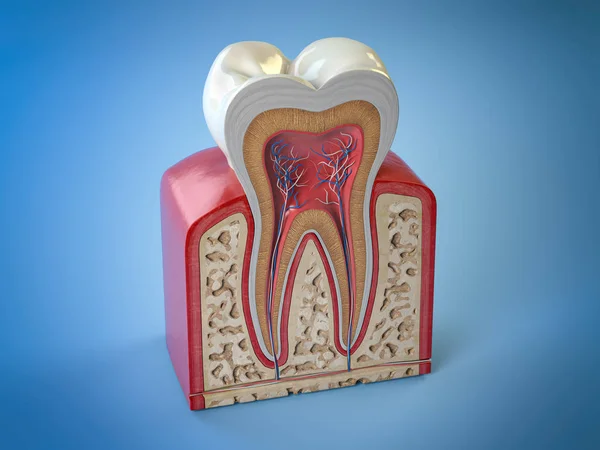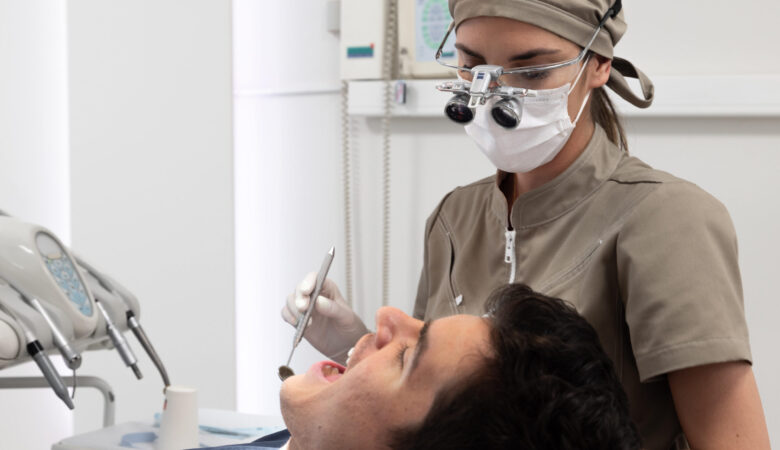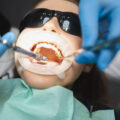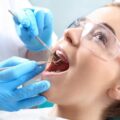Wisdom teeth, also known as third molars, are the last set of teeth to emerge in the mouth. Typically appearing between the ages of 17 and 25, these teeth often face extraction due to space constraints, alignment issues, or impaction. While the removal of wisdom teeth is common, it’s crucial to consider the potential disadvantages before deciding on surgery.
Table of Contents
ToggleThis article explores the downsides of removing wisdom teeth, shedding light on short-term effects, long-term complications, and alternative treatments.
Understanding Wisdom Teeth
What Are Wisdom Teeth?
Wisdom teeth are the third set of molars located at the back of the mouth. They are evolutionary remnants from our ancestors, who needed them to chew coarse foods like roots and raw meat.
Role in Oral Health
Although wisdom teeth can contribute to oral function, modern diets and advancements in dental hygiene have reduced their necessity. For many people, the jaws are too small to accommodate these additional molars, often leading to complications.
Common Reasons for Wisdom Tooth Extraction
Impacted Teeth
Wisdom teeth often grow at odd angles or fail to fully emerge, becoming impacted. This condition may cause pain, swelling, and infection.
Pain and Discomfort
Pressure from erupting wisdom teeth can lead to jaw pain, headaches, and difficulty opening the mouth fully.
Infection Risks
Partially erupted teeth create pockets where bacteria can thrive, increasing the likelihood of infections such as pericoronitis.
The Surgical Procedure: An Overview
Pre-Surgery Preparation
Patients often undergo X-rays to evaluate the position of their wisdom teeth. Dentists or oral surgeons then provide instructions regarding fasting and medications before surgery.
Surgical Process
The procedure involves making incisions in the gums, removing bone tissue if necessary, and extracting the teeth. Stitches may be used to close the surgical site.
Short-Term Disadvantages of Removing Wisdom Teeth
Pain and Swelling
Post-operative pain and swelling are common, often lasting several days. Painkillers and cold compresses may provide relief, but discomfort can still interfere with daily activities.
Bleeding and Dry Socket
Excessive bleeding may occur within the first 24 hours. A dry socket, where the blood clot dislodges prematurely, exposes the bone, causing intense pain and delayed healing.
Infection and Inflammation
The open wound left by extraction increases susceptibility to infection. Inflammation may result from improper cleaning or food particles trapped in the socket.
Long-Term Complications
Nerve Damage
One of the more serious risks of wisdom tooth extraction is nerve damage. The inferior alveolar nerve and lingual nerve are located near the wisdom teeth, and surgical errors may lead to numbness or tingling in the lips, tongue, or chin. In some cases, this condition can be temporary, but for others, it may become permanent, affecting speech and taste sensations.
Jaw Stiffness
After the surgery, many patients experience jaw stiffness or difficulty opening their mouths fully, known as trismus. This can persist for weeks or even months, interfering with eating, speaking, and maintaining oral hygiene.
Bone Loss
In rare cases, bone loss can occur around the extraction site. This complication is often associated with improper healing, infections, or damage to surrounding tissues, which may require additional treatments or surgeries to correct.
Cost and Financial Burden
Expenses of Surgery
Wisdom tooth extraction can be expensive, especially if it involves surgical removal under general anesthesia. Costs vary depending on the complexity of the case and whether the procedure is performed by a dentist or oral surgeon.
Post-Surgery Medications
Painkillers, antibiotics, and anti-inflammatory medications add to the overall cost. Patients may also need follow-up appointments, leading to further expenses.
Insurance Limitations
Not all insurance plans cover the full cost of wisdom tooth removal, leaving patients to bear significant out-of-pocket expenses. Financial stress may discourage individuals from seeking necessary care, potentially worsening oral health issues.
Impact on Diet and Nutrition
Limited Eating Options
After surgery, patients must stick to a soft or liquid diet, avoiding crunchy, hard, or spicy foods that could irritate the surgical site. This limitation can be frustrating and inconvenient, especially for those with dietary restrictions or preferences.
Nutritional Deficiencies
Since solid foods are often off-limits during recovery, patients may struggle to consume balanced meals. A lack of essential vitamins and minerals can slow down the healing process and weaken the immune system.
Speech and Chewing Difficulties
Temporary Speech Problems
Swelling, pain, and numbness after surgery can affect speech clarity. Patients may find it challenging to pronounce certain words, especially if the tongue is involved in the healing process.
Adjustments in Biting
Changes in bite alignment or muscle stiffness may cause temporary chewing difficulties. Some patients even report discomfort while eating, requiring weeks to adapt to the changes.
Psychological Impact
Anxiety Before and After Surgery
Many patients experience dental anxiety before undergoing wisdom tooth extraction. Fear of pain, complications, or anesthesia may lead to sleepless nights and heightened stress levels.
Fear of Complications
Even after the surgery, patients often worry about infections, dry sockets, or delayed healing. This fear can interfere with daily life and impact overall mental well-being.
Unnecessary Extraction Concerns
When Extraction Isn’t Required
Not all wisdom teeth need removal. Some grow straight without causing issues. Extracting healthy, non-problematic teeth may lead to unnecessary complications and discomfort.
Risks of Premature Removal
Dentists sometimes recommend extraction as a preventive measure, even when there are no symptoms. However, this approach may cause avoidable pain, recovery time, and costs, particularly if the teeth would not have caused problems later in life.
Recovery Time and Lifestyle Disruptions
Downtime and Work Absences
The recovery period after wisdom tooth removal typically lasts one to two weeks, during which patients may need time off work or school. Physical activities, exercise routines, and travel plans may also need to be postponed.
Impact on Physical Activities
Strenuous activities, including gym workouts, should be avoided during recovery, as they may increase swelling or cause bleeding at the surgical site. For athletes or active individuals, this downtime can feel disruptive.
Alternative Treatments to Extraction
Medication Management
In cases where wisdom teeth cause mild discomfort, pain relievers and anti-inflammatory medications may provide relief without requiring surgery.
Orthodontic Solutions
If wisdom teeth affect alignment, orthodontic solutions like braces or retainers may resolve spacing issues without extraction. These alternatives preserve the natural teeth while addressing alignment concerns.
Balancing Pros and Cons
Evaluating Individual Needs
Since wisdom tooth removal carries both benefits and risks, patients should consult their dentist to assess their specific condition. X-rays and examinations can determine whether the teeth pose a genuine threat to oral health.
Seeking Professional Advice
Dentists can explain the potential disadvantages and recommend personalized treatments based on the severity of symptoms and anatomical factors. Second opinions may also help patients make informed decisions.
Conclusion
Wisdom tooth extraction is a common procedure, but it’s not without its disadvantages. From short-term discomfort and recovery challenges to long-term complications like nerve damage and jaw stiffness, patients must weigh the risks carefully before opting for surgery. Financial burdens, dietary restrictions, and lifestyle disruptions also make this decision more complex.
However, alternatives like medication and orthodontic treatments may provide effective solutions without surgery. Consulting a dental professional and evaluating individual circumstances is essential for making informed choices about oral health.












